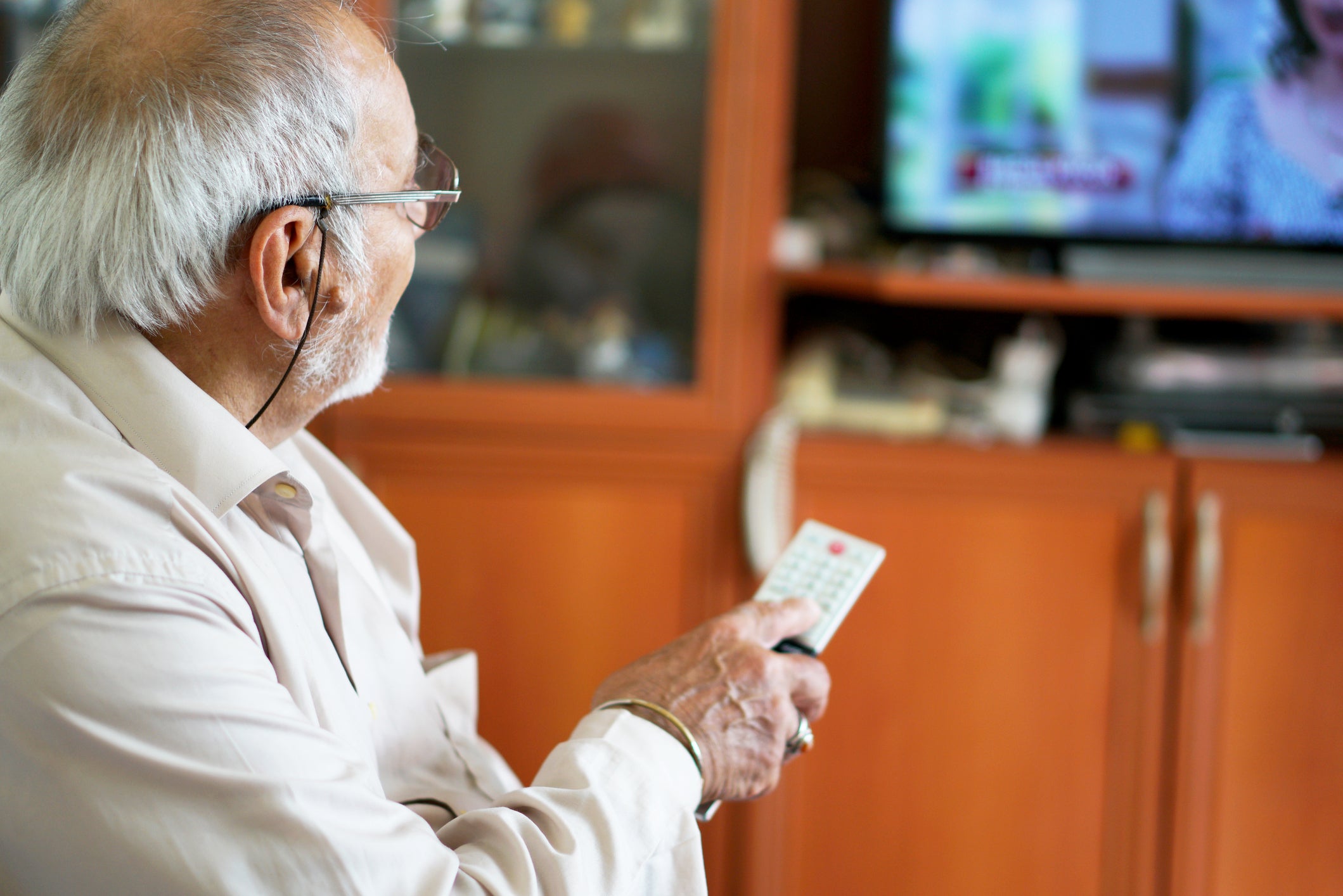You can reduce your risk for another heart attack with one simple step
Having a heart attack significantly increases the chances of having another one
Someone in the U.S. has a heart attack every 40 seconds, and heart disease is the nation’s leading cause of death.
But researchers now say people who have suffered a heart attack can significantly reduce the risk of another one by following a seemingly simple course of action: get up and get moving.
“Sitting less and moving or sleeping a little more can make a real difference,” said Dr. Keith Diaz, a professor at Columbia University Medical Center and a volunteer member of the American Heart Association’s Physical Activity Science Committee, in a statement Monday.
“More physical activity and more sleep are healthier than sitting, so we hope these findings support health professionals to move toward a more holistic, flexible and individualized approach for physical activity in patients after a heart attack or chest pain.”
Diaz was one of the coauthors of the study, which was funded by a National Institutes of Health grant and published in the American Heart Association’s peer-reviewed scientific journal Circulation: Cardiovascular Quality and Outcomes.

What they found
To reach these conclusions, the authors examined the health of approximately 600 people between the ages of 21 to 96 who had been treated for a heart attack or chest pain at New York City’s Columbia University Irving Medical Center. They used wrist accelerometers to track the amount of time each participant spent moving for an average of around a month after they were discharged from a hospital’s emergency department. The accelerometer’s measurements allowed researchers to infer the intensity of a participant’s physical activity.
Any additional cardiac events or associated deaths were evaluated a year after they were discharged from the hospital the first time using phone surveys, electric health records, and the Social Security Death Index. Within the year, 8.2 percent of patients experienced a cardiac event or died.
They found that those in the group with the lowest activity levels – defined as spending more than 14 hours each day being sedentary – had a 2.58 times higher risk of having another heart problem or dying within the next year.
Researchers also found that 30 minutes of moderate-to-vigorous activity a day reduces the risk of adverse cardiovascular events or death by 61 percent.
Even 30 minutes of light-intensity physical activity slashed the risk in half.
“These findings suggest sitting less and doing anything else – like taking a walk, cooking, playing with your dog or gardening – will help you stay healthier,” Dr. Bethany Barone Gibbs, a professor at West Virginia University, explained.

Sleep could help save your life
Getting 30 minutes of sleep also lowered the risk by 14 percent.
Poor sleep is a known risk factor for cardiovascular disease, which claims more lives each year in the U.S. than all forms of cancer and chronic lower respiratory disease combined, according to the American Heart Association’s 2025 Statistical Update.
“We were surprised that replacing sedentary time with sleep also lowered risk. Sleep is a restorative behavior that helps the body and mind recover, which is especially important after a serious health event like a heart attack,” Diaz said.
Join our commenting forum
Join thought-provoking conversations, follow other Independent readers and see their replies
Comments